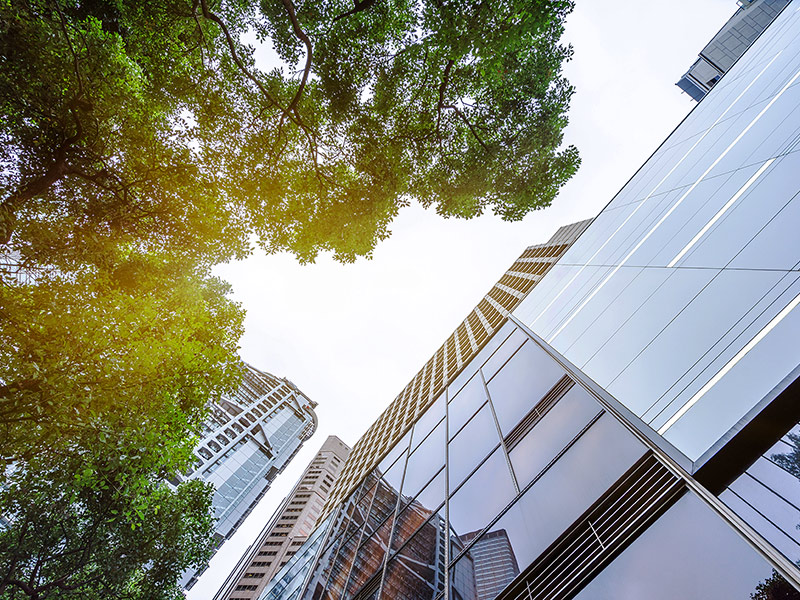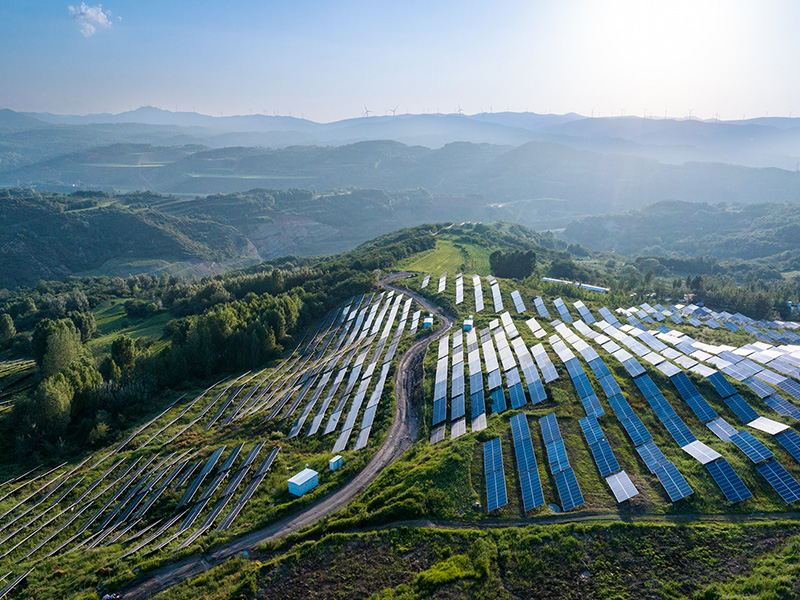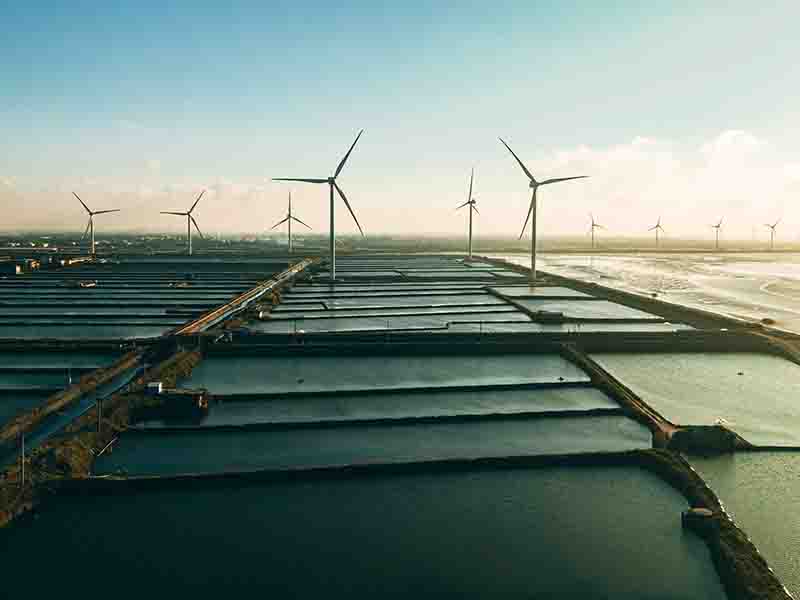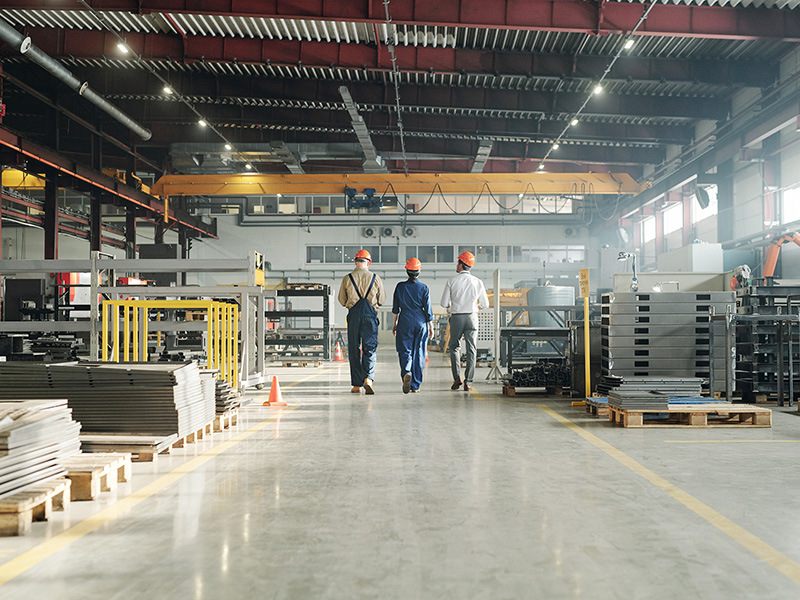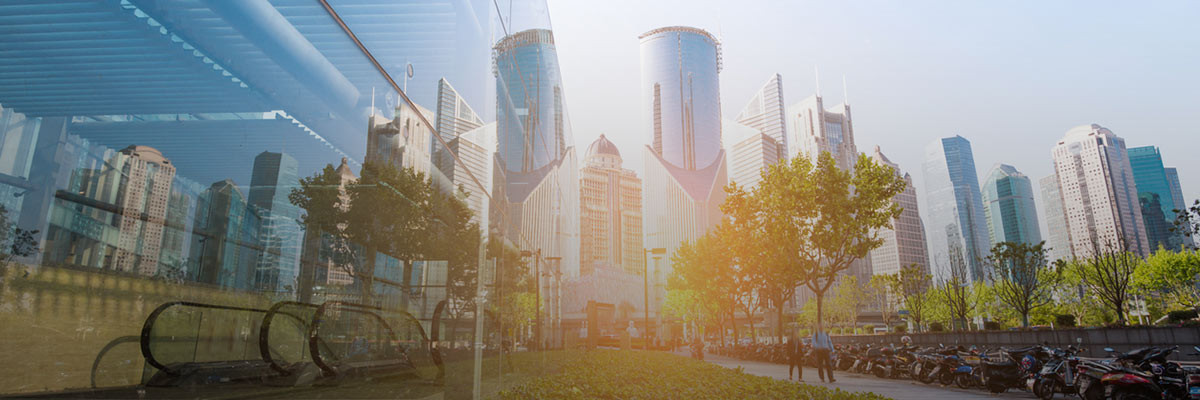
With the spread of COVID-19 creating a crisis that is unprecedented in living memory, there is not an element of our lives that has remained unaffected. And this is especially true for business.
At GlobeScan and BSR, we spend our time working with some of the largest businesses in the world. We wanted to understand both the immediate effect on the sustainability efforts of the companies we work with and also to begin to understand what long-term implications they are anticipating as a result of the pandemic.
To that end, we surveyed 102 companies across our global networks.
In the short term, sustainability teams have been involved in the response to COVID-19 in a myriad of different ways. When we asked what was the most important role that the sustainability function has played so far, respondents highlighted community engagement (19 percent), providing advice and support to the business (14 percent), stakeholder engagement (13 percent), health and safety activities (10 percent), and philanthropy (10 percent).
The survey results show that one of the biggest longer-term outcomes of the COVID-19 pandemic may be a marked increase in the importance of corporate sustainability. Four in ten respondents (40 percent) say that the crisis will increase both the relevance and expectations for sustainable business. Moreover, over a third (36 percent) say that the agenda for sustainable business will change as existing priorities increase in prominence and new issues arise.
Resilience is having its moment, as more leaders recognize the strategic value of sustainable business models which improve their company’s ability to anticipate and prepare for fast-moving, unexpected shocks. It will be worth watching the extent to which business leaders continue to see sustainability as a primary source of strategic advantage and as a driver for rebuilding the global economy.
Resilience is having its moment, as more leaders recognize the strategic value of sustainable business models which improve their company’s ability to anticipate and prepare for fast-moving, unexpected shocks.
When asked which elements of their company’s sustainability strategy would be most affected, over four in ten highlighted supply chains (44 percent), with others mentioning inclusive growth (31 percent), climate action (29 percent), and philanthropy (28 percent).
It is worth noting the reported impact on inclusive economic growth. In our 2019 annual State of Sustainable Business Survey, this area of the sustainability agenda has traditionally been a lower priority, behind climate, human rights, and workers’ rights. It will be interesting to see whether inclusive economic growth becomes a more important corporate priority given the monumental business and socioeconomic impact of the COVID-19 crisis.
Given the significant impacts of the COVID-19 crisis, it is perhaps not surprising that almost half of respondents (47 percent) are anticipating budget cuts for their sustainability efforts within the next 12 months. By comparison, at the onset of the Great Recession in 2008, we asked a question to a similar cohort of businesses and just under a third (31 percent) said that they were expecting a budget cut. It will bear watching whether this downward pressure will be alleviated by the countervailing recognition of the increased relevance of sustainability to business longevity and success mentioned above.
While many sustainability teams may be more challenged when it comes to resources, it comes at a time of great urgency for many of the sustainability issues that companies are facing. The crisis and its impacts will continue to create demands on companies to build more resilient businesses while also addressing systemic challenges facing society, including racial and income inequality, the transition to a net-zero greenhouse gas economy, the rise of automation and artificial intelligence (AI), human rights, and overall health and well-being.
It is already becoming clear that going “back to normal” is neither likely nor desirable. The challenge for us continues to be meeting the moment while building for the future, and the work of sustainability teams remains essential. Sustainable business can be a catalyst for the change that is needed, and sustainability professionals will need to rise to the leadership challenge that is before them. We have seen it happen before. We hope it happens again.
BSR’s latest sustainability insights and events straight to your inbox.
Topics
Let’s talk about how BSR can help you to transform your business and achieve your sustainability goals.

